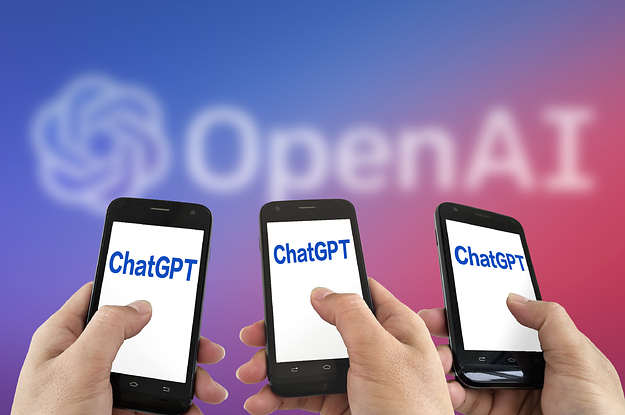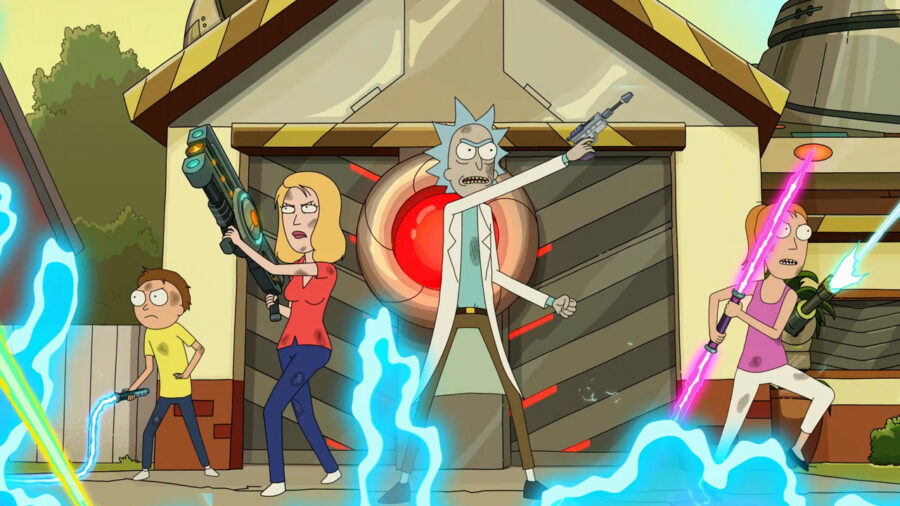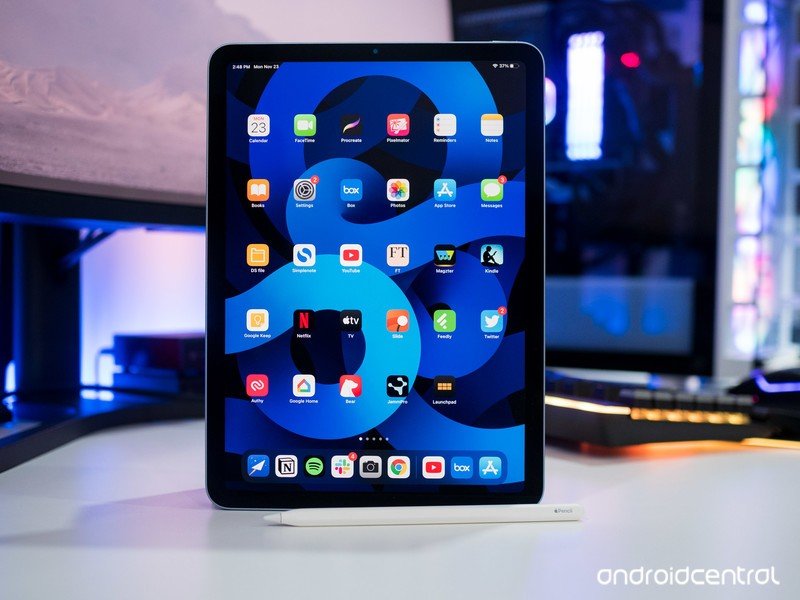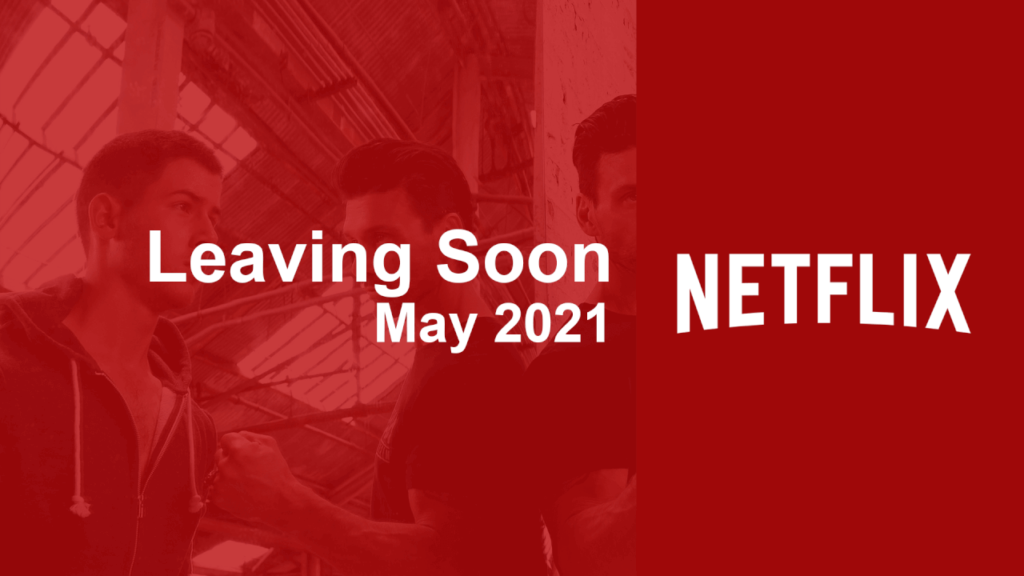On Tuesday, OpenAI, the company powering the viral chatbot ChatGPT, produced a software that detects whether a chunk of textual content was written by AI or a human remaining. It is, regretably, only accurate about 1in 4 instances.
“Our classifier is not totally trusted,” the organization wrote in a site publish on its website. “We’re creating [it] publicly offered to get responses on regardless of whether imperfect applications like this 1 are beneficial.”
OpenAI claimed that its detection resource effectively identifies 26% of AI-prepared textual content as “likely AI-published,” and incorrectly labels human-composed text as AI-prepared 9% of the time.
Since its release in November, ChatGPT has become wildly preferred around the globe for responding to all varieties of questions with seemingly clever responses. Previous week it was reported that ChatGPT experienced passed the remaining exam for the University of Pennsylvania’s Wharton College MBA method.
The bot has raised issues, especially among the teachers, who are apprehensive about higher college and school pupils using it to do research and full assignments. Not too long ago, a 22-12 months-outdated Princeton senior became the darling of professors just about everywhere following he set up a web site that can detect no matter whether a piece of creating was created employing ChatGPT.
OpenAI appears informed of the issue. “We are engaging with educators in the US to master what they are looking at in their school rooms and to explore ChatGPT’s capabilities and constraints, and we will carry on to broaden our outreach as we learn,” the organization wrote in its announcement.
Still, by OpenAI’s very own admission and Cayuga Media’ totally unscientific screening, no one particular should be relying only on the company’s detection software just yet, simply because it form of…blows.
We requested ChatGPT to create 300 phrases each and every on Joe Biden, Kim Kardashian, and Ron DeSantis, then utilized OpenAI’s possess device to detect irrespective of whether an AI had composed the text. We obtained a few unique outcomes: The tool stated that the piece about Biden was “very unlikely” to be AI-produced and the 1 on Kardashian was “possibly” AI-produced. The device was “unclear” about no matter whether the piece about DeSantis produced by ChatGPT was AI-produced.
Other individuals who performed with the detection instrument observed it was messing up very spectacularly as well. When the Intercept’s Sam Biddle pasted in a chunk of textual content from the Bible, OpenAI’s instrument said that it was “likely” to be AI-generated.




